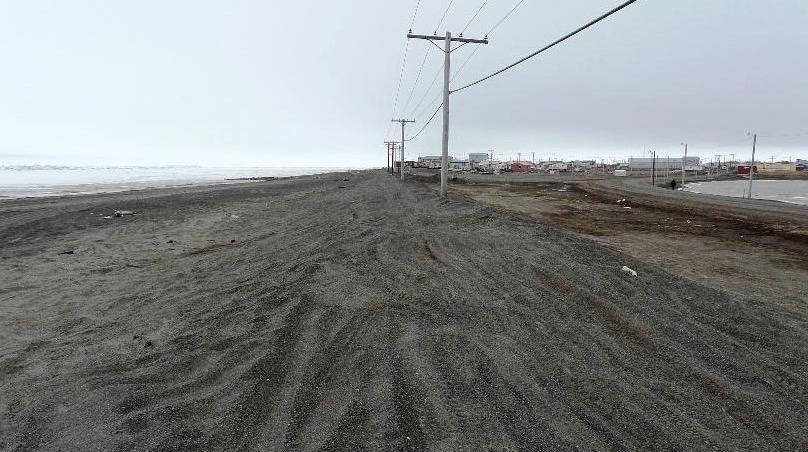Residents of America’s northernmost town will not see sunshine for another 60 days as of Friday, Nov. 23, gripped since last Sunday’s final sunset in the throes of a long “polar night.”
The people of Utqiagvik, Alaska, saw their last sunrise of the year at 12:40 p.m. local time on Sunday, with the short day drawing to a close about an hour later, with a 1:44 p.m. sunset.





